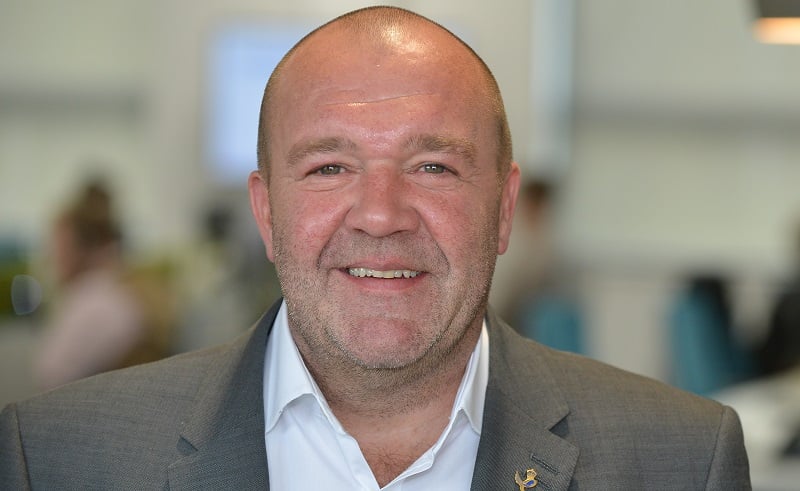Firms must put in place a 'risk-based' approach to prevent money laundering.

Martin Cheek, (pictured) managing director, SmartSearch
Under the Money Laundering Regulations, lenders, brokers, networks and anyone else involved in the mortgage industry have an obligation to assess the risk that they could be targeted by money launderers. To do this, they must put measures in place to prevent money laundering using what is known as a ‘risk-based’ approach.
A risk-based approach means you have to take a number of measures to prove that you have properly assessed the danger of money being laundered – including terrorist financing – through your business.
Now the mortgage industry may not sound like the most likely target for money launderers. After all, why would you borrow money to launder it? But the fact that the mortgage industry has been relatively under-utilised by money launderers up until now is precisely why there is an increased threat now.
The latest anti-money laundering (AML) regulations warn that mortgaged property as a money laundering vehicle may become more popular, as money launderers increasingly seek new ways to launder their dirty cash.
Borrowing in order to buy property is one of the ways they can do this, either by using dirty money as a deposit, using laundered cash to overpay a mortgage or by securing a buy-to-let mortgage and then laundering cash through rental income.
One of the biggest threats to the mortgage market in terms of money laundering is the use of fake identity documents. Driving licenses, passports and other ID document used in mortgage applications can now be forged so cleverly that it is virtually impossible to tell via a manual check.
This means that the only way for regulated firms to be sure they are complying with the latest AML regulations is by adopting an electronic platform.
And not only is electronic identification more reliable option – all mortgage fraud has been as a result of forged documents, but there has never been a fraudulent case linked to electronic verification - but it will also save firms time and money compared to manual checks. Plus, it will soon become compulsory, with the 5th money laundering directive stipulating that electronic checks should be used wherever possible.
A good electronic AML platform will offer a one-stop-shop where all checks - verifying individual and corporate clients, both in the UK and overseas – can be done in one place, as well as enhanced due diligence, PEP and Sanction screening and ongoing monitoring.



